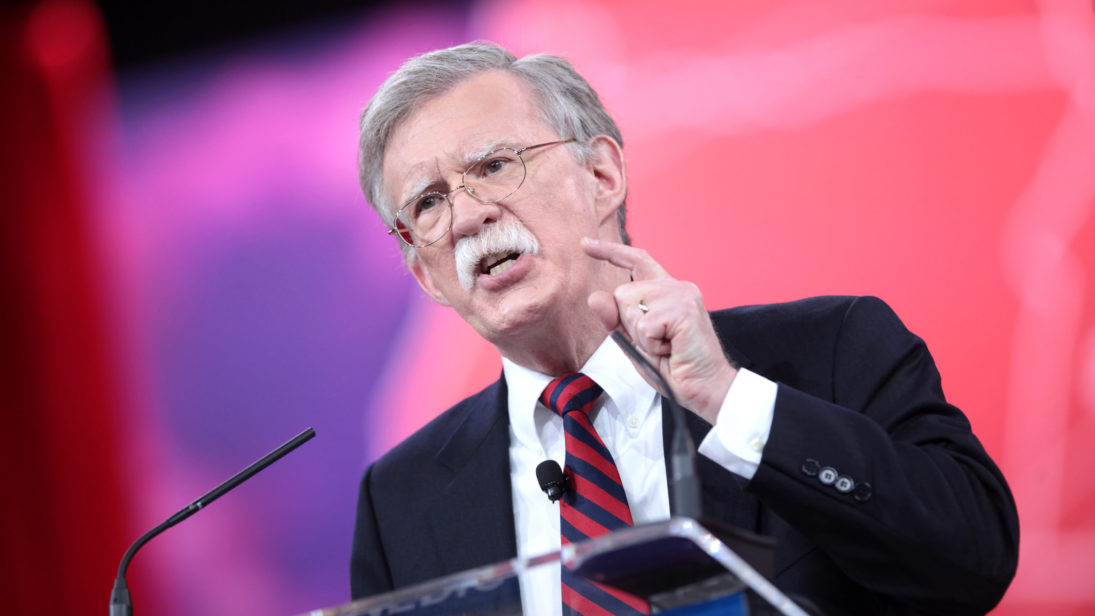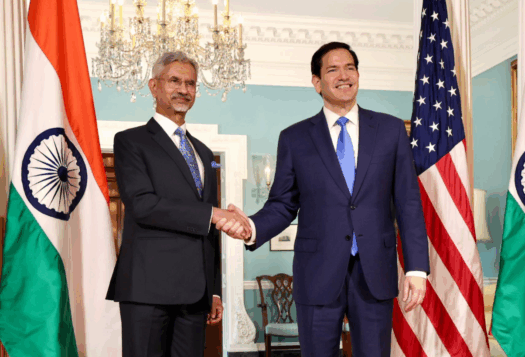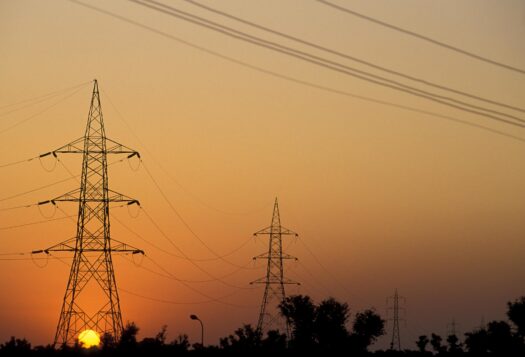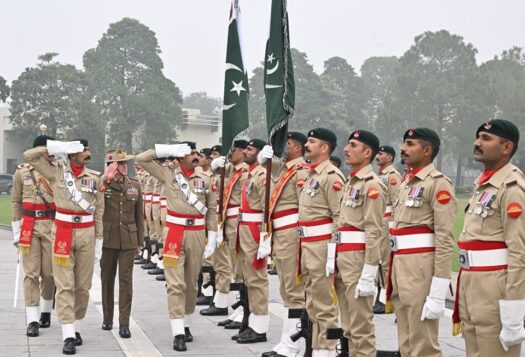
If President Trump’s appointments of Mike Pompeo and Gina Haspel, to head the State Department and Central Intelligence Agency (CIA) respectively, aren’t enough of an indication, bringing in John Bolton as the new National Security Advisor (NSA) solidifies that his foreign policy is about to become more aggressive than ever. Bolton will serve as Trump’s third advisor after Michael Flynn and Lieutenant General H.R. McMaster. Bolton, previously Under Secretary of State for Arms Control and International Security 2001-05, and U.S. Ambassador to the United Nations 2005-06, once stated: “It is a big mistake for us to grant any validity to international law.” From proposing the United States should bomb Iran to suggesting a preemptive strike against North Korea, Bolton doesn’t shy away from espousing his extremist views. With the ongoing war in Afghanistan and simmering tensions between Washington and Islamabad, the question is: what does Bolton’s appointment mean for the Af-Pak region? His past public positions and statements on these issues may be instructive.
Soon after President Trump announced his South Asia strategy last year, Bolton penned an article for the Wall Street Journal, saying: “Almost certainly, the war in Afghanistan will be won or lost in Pakistan.” Bolton sees Pakistan as integral to achieving American goals in Afghanistan for the same reasons the Trump administration has previously expressed: Pakistan’s support of the Afghan Taliban and the Haqqani Network. In alignment with these allegations, he accused Pakistan of sheltering not only the Haqqani Network and the Afghan Taliban, but also the Islamic State. This indicates that as the new NSA, Bolton is unlikely to balance carrots with sticks in its approach towards Pakistan. Rather, he will double down on the Trump administration’s approach of rhetoric towards and pressure on Pakistan, disregarding the potential of incentives and diplomatic maneuverings the United States can engage Pakistan in.
As a proponent of preventive war, Bolton is likely to push for the United States to showcase its military prowess globally, including in Afghanistan. Thus, under Bolton, the United States is likely to rely more on heavy artillery than intelligence-based operations in Afghanistan, the opposite of what may likely afford the United States a viable chance at winning. As for Pakistan, it might have to deal with even more U.S. pressure to go all-out against the Haqqani Network – Bolton has even gone so far as to say that “Beijing will face consequences” if it does not utilize its leverage to force Pakistan to act on terrorism. Thus far, the Trump administration has not drawn China into its dispute with Pakistan over its alleged support of the Haqqani Network, but this may change with Bolton as NSA.
Further, Bolton appears to be obsessed with Pakistan’s nuclear arsenal falling into the wrong hands, an idea many hawkish foreign policy analysts in the United States share. Last year, he compared Pakistan to Iran and North Korea, tweeting: “Pakistan is a nuclear power and if it were to tip into terrorist control it would be like #NorthKorea or #Iran on steroids.” Bolton appears to fall even further to the right of the Trump administration’s official stance on this issue. Its National Security Strategy, which stated Pakistan should “continue demonstrating that it is a responsible steward of its nuclear assets,” was met with a joint statement from Pakistan’s military and prime minister’s office after an already-tense few months following the release of the White House’s new South Asia strategy. However, Zamir Akram, former Pakistani Ambassador to the United Nations, has outlined several reasons why Pakistan’s nuclear weapons are safer and more secure than ever, including the separation of its nuclear warheads and delivery systems and the establishment of the Pakistan Nuclear Regulatory Authority (PNRA), an autonomous body that enforces and regulates nuclear safety and security in the country. With Bolton’s appointment, these divergent views on the security of Pakistan’s nuclear weapons could resurface as a key point of friction between Islamabad and Washington.
Several American national security analysts and journalists share the view that Bolton’s appointment has the makings of a war cabinet, suggesting Bolton has the potential to hoodwink President Trump into escalating tensions with U.S. adversaries like Iran and North Korea. South Asia is in dire need of a cautious approach from the U.S. government. However, if there is one person with the power to avoid catastrophe, it is the President himself. Whether President Trump has the will to convince his team to engage in diplomacy over war-scheming remains to be seen. It is, therefore, up to Islamabad to contemplate the most meaningful response to what may come. Pakistan may only be able to neutralize Bolton’s aggression by engaging him in shrewd diplomacy. Any plans to the contrary, including reciprocating that aggression, are likely to backfire.
***
Click here to read this article in Urdu.
Image: Gage Skidmore via Flickr


